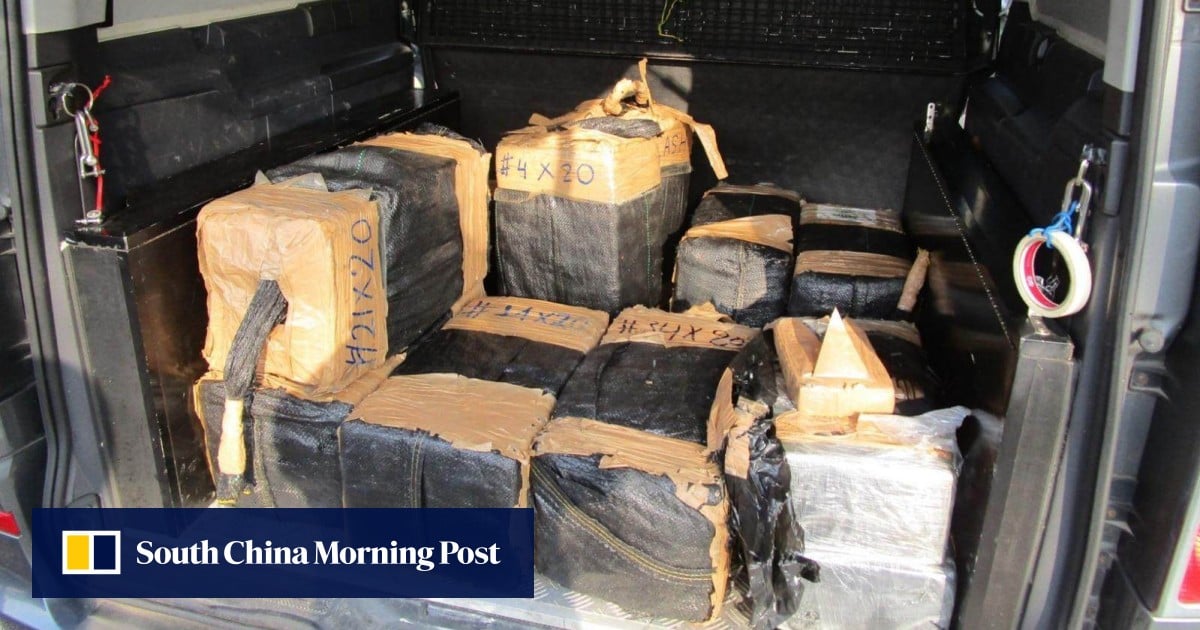No obligations
To be sure, Hong Kong officials have clarified that the city’s business leaders are not obliged to play ball despite Beijing’s recent calls to action.
“Of course, enterprises can make their (own) decisions,” Chief Executive John Lee told the media in November days after Mr Xia’s speech to the tycoons sparked debate.
“But the key point is how much you love this place and how much you think you should contribute.”
Still, those leading the city’s top developers have for now fallen in line – at least for the Northern Metropolis mega project to develop Hong Kong and the Greater Bay Area’s next economic powerhouse.
At Henderson Land, founded and run by tycoon Lee Shau-kee and his family, a spokesperson told ST that the company “stands alongside the Hong Kong government (and) is committed to utilising its resources and expertise to support the development of the Northern Metropolis”.
The developer has also pledged “to support Hong Kong’s integration into the country’s overall development”, the spokesperson added.
At Sun Hung Kai, controlled by the family of late tycoon Kwok Tak-seng, a spokesperson said the company “has already played a key role in the development of the Northern Metropolis”.
It recently became “the first developer to successfully reach a land exchange agreement in Fanling North, demonstrating its strong commitment to the new blueprint for the area” and would “actively explore and participate in suitable projects in the Northern Metropolis once the details are announced”, the spokesperson told ST.
The land swap deal with the government allows Sun Hung Kai to buy and develop the land in the area while requiring it to build residential homes, malls and public facilities there, among other conditions.
Fanling North is an area within the mega project’s development zone.
Real estate consultancy Colliers said Hong Kong property developers’ recent show of support reflected “their growing interest and optimism towards the mega project”.
“The government’s development plan of the pilot programme of large-scale land-disposal approach has been a key driving force in attracting the enterprise participation,” Ms Kathy Lee, head of research at Colliers Hong Kong, told ST.
She was referring to a pilot scheme announced in October, where sizable land parcels in the area with commercial value for public facilities would be granted to successful bidders for collective development.
To attract more investor interest, “the government could explore considering land premium at market price and minimising the public facilities required from the winning bidder to help lower construction costs”, Ms Lee added.
But whether Hong Kong’s business leaders will really put their money where their mouth is remains to be seen.
Mr Wang, the China commentator, said: “But how much they will eventually invest is still a question mark. At the end of the day, they need to ensure that their investments can rake in the profits.”

